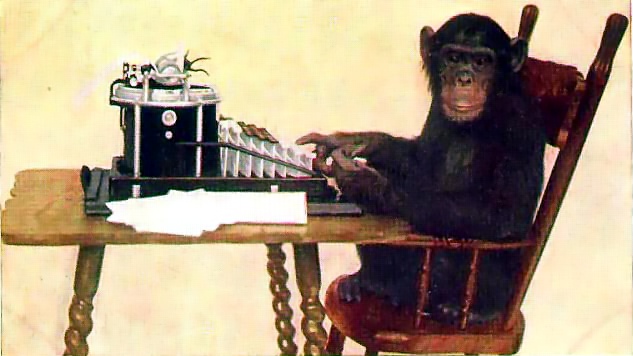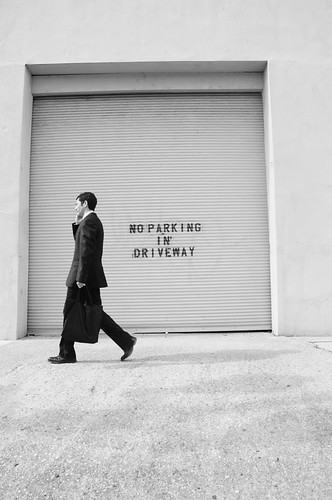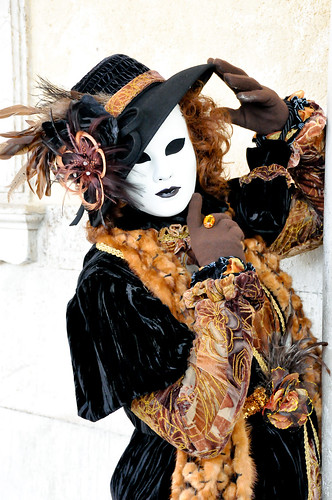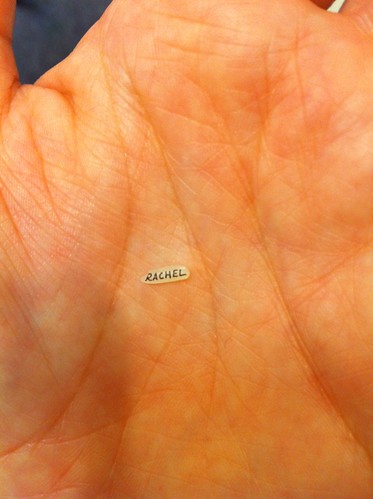:How to Write Fiction and Unlock the Secret Power of Stories
by Scarlett Thomas.
The title for this book (and therefore this post) is drawn from the author’s reflection that it actually does make a difference to us whether books are written by our fellow humans or by monkeys playing with typewriters and striking lucky with Hamlet.
Because stories tell us what it’s like to be human, and monkeys, regardless of whatever genetic overlap they may have, simply have no idea.
Scarlett Thomas’ advice on writing has been refined by years of teaching writing (as well as writing herself), which gives her work a rather practical (if elementary) edge.
There are some areas, however, where I found myself unable to relate – for example, the matrices she has her students draw up to consciously mine their pasts and interests for writing material, in the section on How To Have Ideas. I don’t know about you, but I have no trouble coming up with ideas. It’s getting the time to work them out and finish them off that I struggle with.
There is also the matter of differing styles of writing. Thomas is experienced enough to have realised that not all writers are minimalists, and therefore paring every sentence to the bone will not be a fruitful exercise for some. While all can benefit from considering whether their words are pulling their weight, effect-wise, there’s no use trying to edit yourself to this:
if your natural style is something more like this:
No prizes will be offered for guessing at which end of the continuum I frolic.
The part of the book which I enjoyed the most, which has stayed with me the longest, and which I think for me at least is the most challenging, is a relatively short section near the end of this book (not counting appendices, notes etc etc).
It deals with the concept of the thematic question – the big universal question with which your story deals (although, please note, rarely answers). What is the nature of power? What is love? What is truth? What does it mean to be human? and so forth.
Then, as with her students, she sets the challenge of boiling it all down to one word – a seed word, as she calls it – which encapsulates the thematic elements of the story and resonates through it in all manner of ways.
It is, she admits, not an easy exercise – she suggests practising on other people’s novels – but once you find the word for the work it is enormously exciting and enlivening and helps you keep your story on track – because now you know, right deep down at the heart of it, what it is about.
Plus, as she points out, it’s much handier for fielding the question at parties: “what’s your book about?”
Disclaimer: no-one gave me a copy to review, nor did I part with my hard-earned for it. I borrowed a copy from the library. You may consider that this makes me a Scrooge who won’t support her fellow artists; I consider that this makes me an unbiased reviewer.






